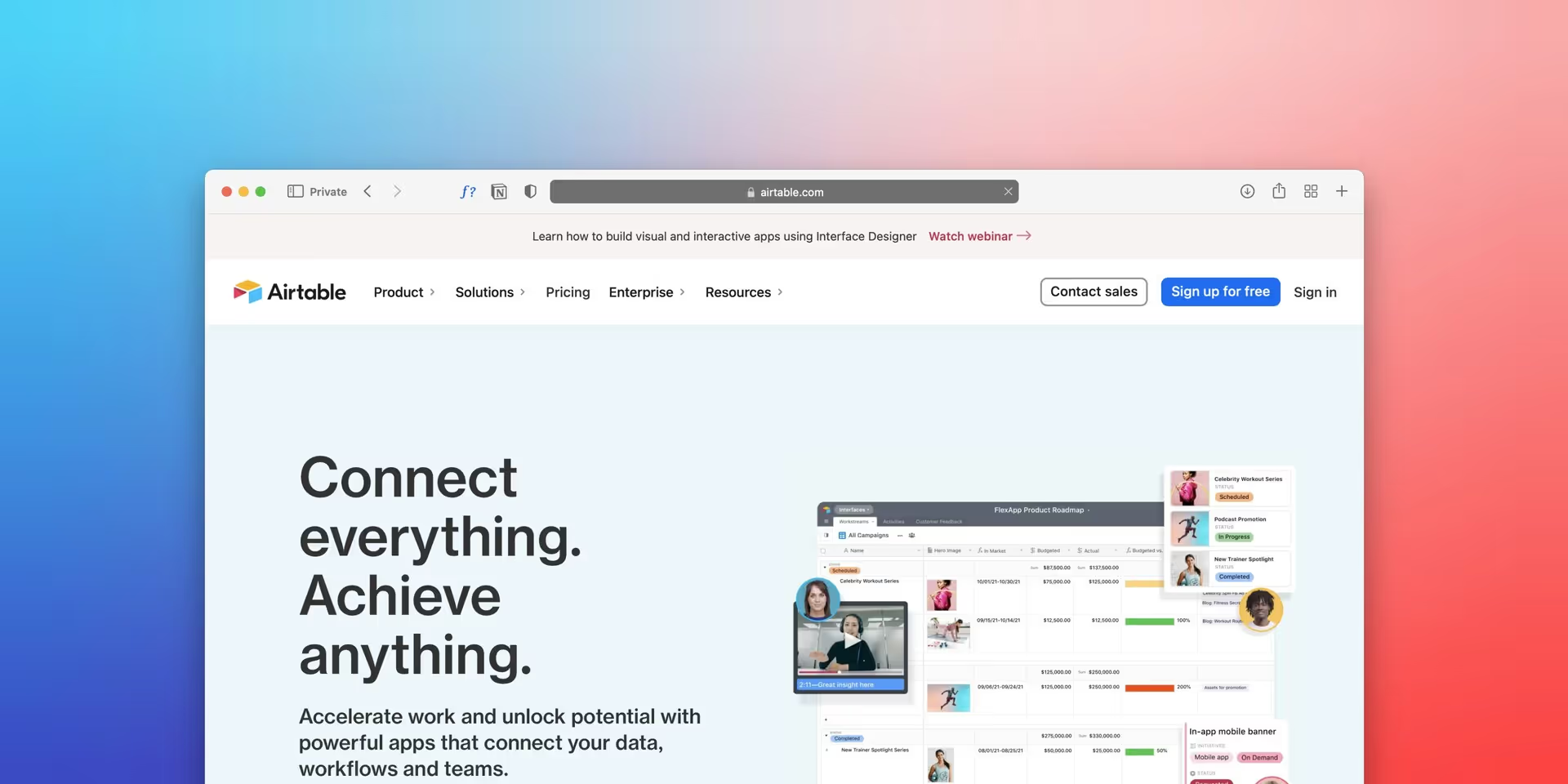TLDR
- AI search and voice search are converging but require different optimisation strategies.
- AI optimisation ensures brands appear in conversational answers.
- Voice search focuses on natural language and local intent.
- In Dubai and Riyadh, mobile and smart device adoption make voice critical.
- Businesses that prepare for both secure visibility across multiple touchpoints.
- Agencies help unify AI and voice optimisation for measurable ROI.
Why AI and voice search are often confused
Many businesses assume that optimising for AI search and voice search is the same thing. Both rely on natural language and both deliver conversational style answers. However, the systems are not identical.
AI optimisation focuses on how large language models extract, summarise and recommend content. Voice search deals with how users phrase queries verbally, often through mobile assistants or smart devices. In practice, they overlap, but they also require unique approaches.
The growth of voice search in the GCC
In Dubai and Riyadh, smartphone penetration is among the highest in the world. Smart speakers and in car assistants are increasingly popular. Consumers use voice to search for restaurants, book services and get recommendations.
Queries like “Where is the best Lebanese restaurant near me?” or “Which pharmacy in Dubai is open now?” reflect local intent. Businesses that do not optimise for voice risk losing traffic to competitors who appear in those results.
How AI optimisation fits in
AI optimisation ensures that when a consumer asks a digital assistant or chatbot for an answer, the brand is included in the response. For example, when someone asks an AI system “Which gym in Riyadh offers family packages?” the answer is drawn from structured, authoritative content.
AI optimisation focuses on authority, schema markup, FAQs and conversational depth. It is about proving to AI systems that your content is the most relevant and trustworthy.
The differences in optimisation strategy
Voice search optimisation requires:
- Short, direct answers that mirror how people speak
- Local SEO signals like maps, directions and opening hours
- Mobile friendly design for quick access
AI optimisation requires:
- Structured data for machine readability
- Conversational, in depth content that builds trust
- Authority signals like backlinks and expert commentary
The two strategies overlap but cannot be replaced by one another.
Why the GCC market needs both
In the UAE and Saudi Arabia, consumers switch seamlessly between text, voice and AI driven queries. A person might type a query into Google in the morning, use Alexa to ask about delivery options at home and consult an AI assistant for financial advice later in the day.
If businesses only optimise for one channel, they miss opportunities across the others. Agencies in the GCC recommend a dual approach, ensuring visibility in both voice search and AI generated answers.
Case example: Dubai restaurant chain
A Dubai restaurant chain optimised its Google Business Profile for voice search with updated opening hours, menus and local keywords. They also added FAQs and structured data to appear in AI recommendations.
The result was a surge in both footfall from voice queries and bookings from AI driven discovery platforms.
Case example: Riyadh retail brand
A Riyadh electronics retailer focused on AI optimisation by publishing detailed buying guides and adding schema markup for products. At the same time, they ensured mobile pages were optimised for voice queries like “Where can I buy smartphones with same day delivery in Riyadh?”
By preparing for both, they captured customers at multiple points of intent.
The role of agencies in unifying strategies
Agencies bridge the gap between AI and voice. They identify overlaps, such as conversational FAQs that serve both, while also managing the differences. They implement structured data, optimise for local search and create content that satisfies spoken and typed queries.
Most importantly, they measure results. ROI is tracked not just through rankings but through conversions from AI driven answers and voice search interactions.
Future outlook in 2026
Voice search adoption will continue to rise as smart devices become more common in GCC households. At the same time, AI driven answers will dominate more categories from travel to finance. Businesses that invest in both now will secure long term visibility.
The GCC is one of the fastest adopting regions globally. Waiting is not an option. Brands that combine AI optimisation with voice readiness will own the conversation with customers.
Looking ahead
In 2026, customers in Dubai and Riyadh do not separate voice search from AI search. They simply ask questions and expect accurate answers. Businesses must prepare for both.
Agencies with expertise in AI and voice deliver the strategies needed to stay visible and relevant. Those who invest now will capture more leads, more sales and stronger brand loyalty in the years ahead.




